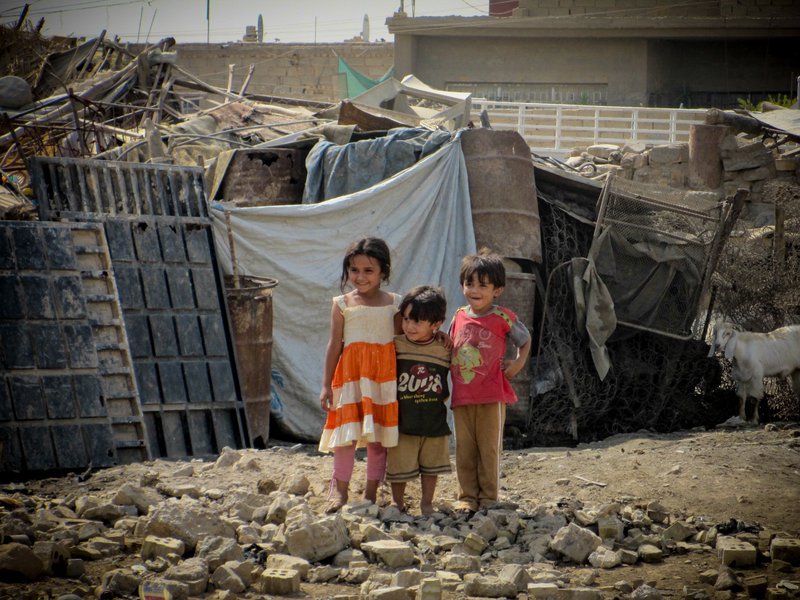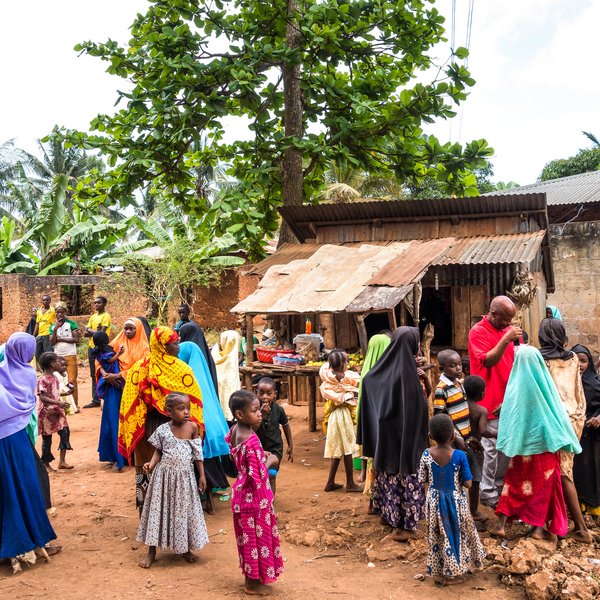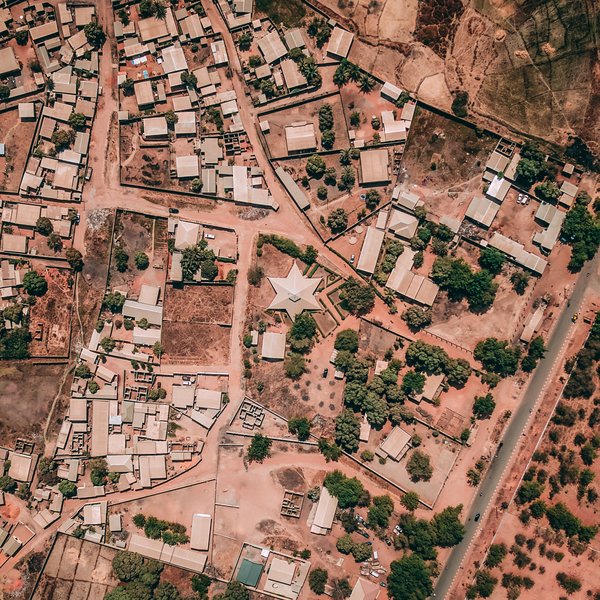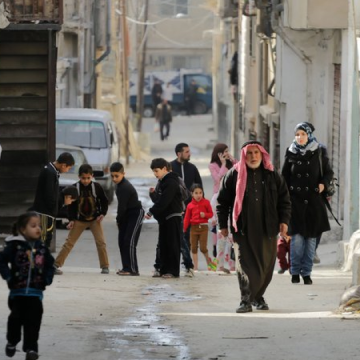
A study published today by the property rights index Prindex finds that 24% of people living in the Arab region fear eviction. This represents 52 million people across the 13 Arabic-speaking countries surveyed and one of the highest rates of tenure insecurity in the world. Rates range from 16% in Algeria, and 19% in Egypt, to 38% in the United Arab Emirates, 40% in Jordan and 41% in Kuwait.
This new analysis of Prindex’s global dataset, which last year found that 1 in 5 people – almost 1 billion – fear eviction worldwide, will be presented at the Second Arab Land Conference this week. The research finds that young people, renters, and people living in urban locations feel the most vulnerable, while a woman’s sense of security often depends her staying in her marriage.
Younger adults aged 26-45 (27%) are three times more likely to feel insecure in their land rights than older adults aged 65+ (9%). This high rate among younger groups may be the result of a recent demographic ‘youth bulge,’ which created competition for jobs and housing, as well as customary practices and inheritance norms, which favour tribal elders and the oldest male sibling.
Across the region, renters are almost four times as likely to feel insecure as home owners – in some countries (Lebanon, Egypt), they are more ten times as likely to feel insecure. Renters are also more likely to be male and single, suggesting that the precarious living situation of migrant workers may be driving these high rates. Almost 1 in 2 urban renters across the Mashreq region feels insecure (surveyed countries include: Iraq, Jordan, Lebanon, Palestine, Egypt and Yemen),
Women in the region are much more likely than men to feel insecure in the event of divorce or death of a spouse – in Egypt and Morocco, women are six times more likely to feel insecure. This suggests that women’s sense of security is tied to their partners and families due to inheritance laws and cultural practices, in many cases depriving them of financial independence and potentially consigning them to stay in abusive relationships.
The findings are based on 13 nationally representative surveys of 13,566 people across the region (47% women, 53% men). To determine tenure insecurity, respondents were asked how likely they thought it was that they would lose the rights to their home or other property against their will within the next five years.
– Ends –
Contact:
Paul May
Communications Advisor
Notes to Editors:
- The study ‘How can citizens’ perceptions of land tenure security contribute to land governance reforms in the Arab region? Insights and issues from Prindex survey results’ is available for download from the Prindex website in English and Arabic.
- Rates of tenure insecurity in the countries surveyed: 16% Algeria, 19% Egypt, 21% Morocco, 21% Lebanon, 24% Tunisia, 25% Palestine, 26% Yemen, 29% Libya, 29% Iraq, 35% Saudi Arabia, 38% United Arab Emirates, 40% Jordan, 41% Kuwait.
- On average, 24% of people in the Arab world feel insecure in their land and property rights – higher than the global average of 20%. According to the Prindex global report on 140 countries, regional rates of insecurity are: 28% Middle East and North Africa (including Iran, Israel, and Malta), 26% Sub-Saharan Africa, 22% South Asia, 21% Latin America and the Caribbean, 15% East Asia and the Pacific, 14% North America, 12% Europe and Central Asia. Download the Prindex Comparative Report 2020: https://www.prindex.net/reports/prindex-comparative-report-july-2020
- Prindex is the world’s first global measure of land and property rights. The initiative, jointly run by the Overseas Development Institute (ODI) in the UK and the Global Land Alliance (GLA) in the USA, uses perceptions data to highlight the scale of land tenure challenges and help policymakers design people-centred solutions.
- A ‘youth bulge’ is a demographic pattern whereby a large share of the population is comprised of adolescents and young adults. The Arab region experienced a youth bulge around 2005 and is expected to experience a second one in 2030.
- The Second Arab Land Conference (22 – 24 February 2021) will take place in Cairo and online and is organised by the Urban Training and Studies Institute (UTI), UN-Habitat, the Global Land Tool Network (GLTN), the World Bank, the German development agency (GIZ), and the Dubai Land Department. For more information, visit: https://arabstates.gltn.net/second-arab-land-conference
Photo by Dave Malkoff via Flickr


